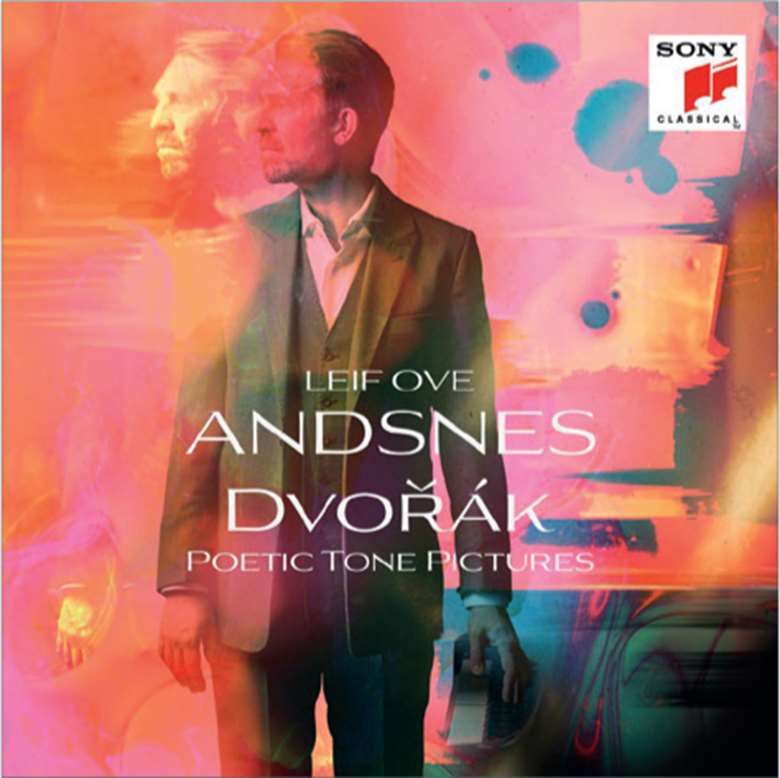Dvořák: Poetic Tone Pictures (Leif Ove Andsnes)
Michael Church
Wednesday, November 2, 2022
These are significant pieces, and many suffused with an evanescent charm to which Andsnes does full justice

Register now to continue reading
This article is from International Piano. Register today to enjoy our dedicated coverage of the piano world, including:
- Free access to 3 subscriber-only articles per month
- Unlimited access to International Piano's news pages
- Monthly newsletter






